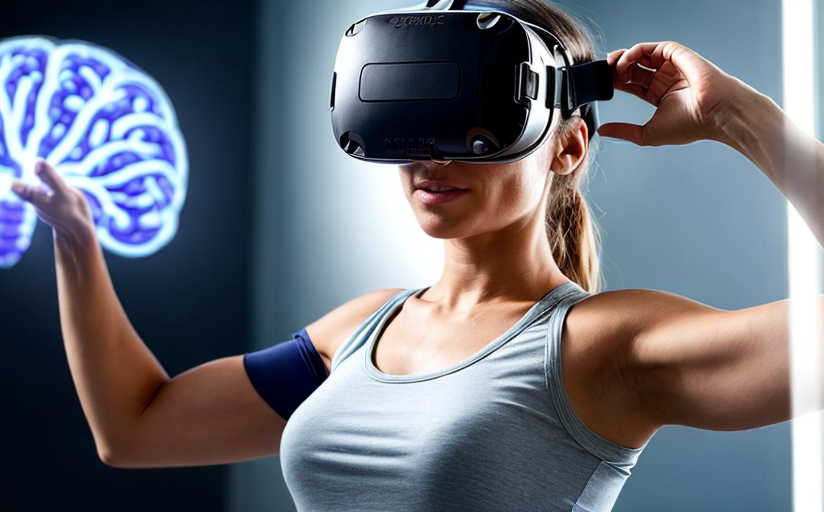Virtual Reality: A Revolution in Healthcare and its Impact on Physical and Mental Health
In recent times, a technology known as Virtual Reality (VR) has taken the world by storm, infiltrating diverse sectors and impacting various aspects of our lives.
The Advantages of VR in Healthcare
Virtual Reality is widely used for therapy and treatment purposes. It allows healthcare professionals to simulate real life scenarios for therapy. For instance, it is being used to treat conditions like Post Traumatic Stress Disorder (PTSD) by allowing patients to revisit traumatic events in a controlled environment.
Expert Insights and Research Findings
Studies reveal that VR therapy has a more profound impact on patients than traditional therapies. According to psychology professor Brenda Wiederhold, Virtual reality can offer an immersive, realistic, three-dimensional therapeutic environment that is more engaging and can potentially offer faster results.
Practical Examples
Aside from mental health, VR has also been used in physical health. In physiotherapy, for example, VR is being utilized to create tailored rehabilitation programs for patients recovering from strokes, offering a more interactive and enjoyable way for patients to rehabilitate.
The Potential Dangers of VR
While VR has numerous advantages, it also possesses potential dangers. These include addiction, isolation, and physical health issues.
Addiction and Isolation
Like any other technology, VR has the potential to be addictive. Experts warn that this potential danger may lead to social isolation as users may prefer the virtual world to the real one.
Physiological Issues
Physiological issues are another concern. Extended periods of use can cause symptoms such as dizziness, disorientation, and even “cybersickness” — a form of motion sickness caused by VR usage.
Implications and Future Prospects
The implications of these advantages and disadvantages are far-reaching. It implores us to use VR responsibly, cursorily considering all potential repercussions. Furthermore, with continual refinement and developments, we can expect that VR will continue to revolutionize healthcare with a more user-centric, comprehensive, and effective approach.

















Comments
Leave a Comment